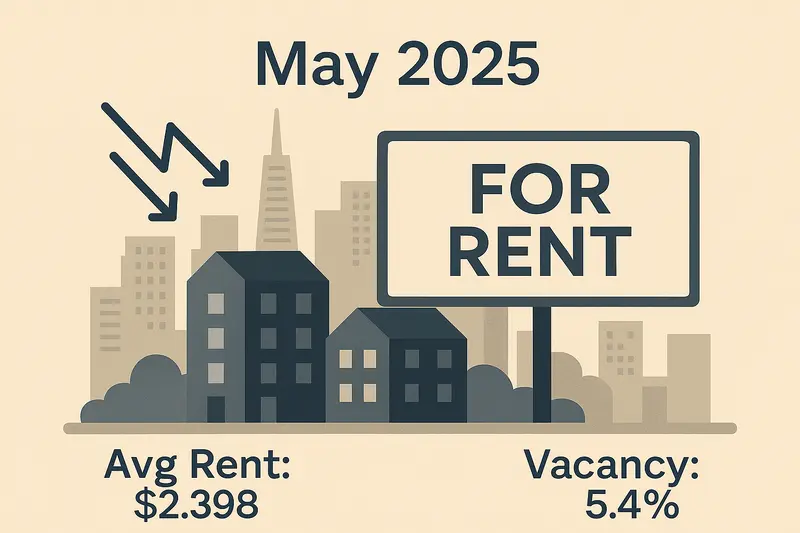Lead-based paint disclosures for pre-1978 homes — what sellers and landlords must provide
Question
Answer
Intro: If a housing unit was built before 1978, federal law requires sellers and most landlords to inform buyers and tenants about possible lead-based paint hazards before they sign a contract or lease. The rule aims to give occupants the information and time they need to evaluate health risks and testing options.
What must be provided: Sellers and lessors of “target housing” (generally pre-1978 residences) must: (1) supply any known records or reports about lead-based paint or hazards; (2) include a written disclosure statement in the sales contract or lease; and (3) give the federally approved pamphlet “Protect Your Family From Lead in Your Home.” For most sales, buyers also receive a 10-day period to conduct a lead inspection or risk assessment if they choose.
Who it applies to and common exemptions: The federal disclosure rule covers private housing, public housing and federally assisted housing built before 1978. Exemptions commonly include housing built after 1978, dwellings certified as lead-free, and some short-term leases (check the statute and local rules for specific thresholds). States and cities may add stricter obligations.
Practical steps for compliance:
- Provide the EPA/HUD pamphlet and signed disclosure form before the lease or sales contract becomes binding.
- Disclose any records or tests you already have (reports, risk assessments, abatement records).
- For sellers: include the standard warning statement in the sales contract and respect the buyer’s inspection period.
- Keep copies of all disclosures and receipts — documentation proves compliance if a dispute arises.
Enforcement and risks: Failure to comply can expose sellers and landlords to civil penalties, private litigation and requirements to pay damages or remediation costs under federal law; many localities also impose fines or additional obligations. Because state and local rules may be more demanding (some require relocation assistance, stricter testing or abatement), check local code before closing or renting.
Bottom line: for most pre-1978 homes you must disclose known lead information, give the federal pamphlet, and allow any statutory inspection window for buyers. Tenants and buyers are recommended to request records, consider professional testing when concerned, and it’s advisable to consult a licensed attorney or local housing authority for jurisdiction-specific requirements.


